10 Signs Apple Has Hit An Innovation Wall

Beyond Steve Jobs
Apple really wants you to believe it's still as innovative as ever. We're not buying it.
Between 1998 and 2010, Apple released five groundbreaking new hardware products: the iMac, iPod, iPhone, MacBook Air and iPad.
But the company hasn't introduced a game-changing product in the more than five years under CEO Tim Cook (pictured) -- unless you count the Apple Watch or MacBook (we don't).
Meanwhile, Apple has missed a number of big opportunities that have instead been seized on by competitors. And the new things that Apple has been focusing on haven't amounted to major breakthroughs. In some cases, the moves have only served to turn off loyalists.
In the following slides, we've compiled 10 signs that the era of Apple innovation may just be over.
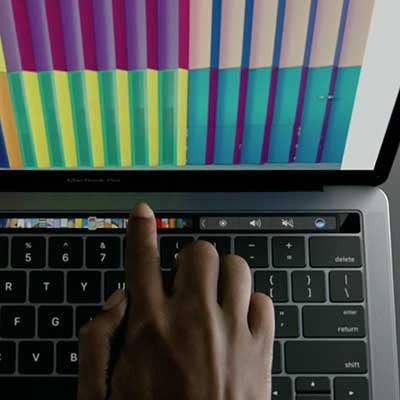
The MacBook Pro Touch Bar Is Not Innovation
One word springs to mind after using the Touch Bar on the new MacBook Pro: "pointless." The touch strip above the keyboard barely does anything, even for Apple-made apps. And as a result of the Touch Bar, users must re-learn many functions and pay substantially higher MacBook Pro prices. Apple called the new MacBook Pro the "biggest leap forward yet" in 25 years of Mac notebooks. If something as weak as the Touch Bar can qualify as a major advancement at Apple these days, we have to wonder if the conditions are right for producing real innovation at the company.
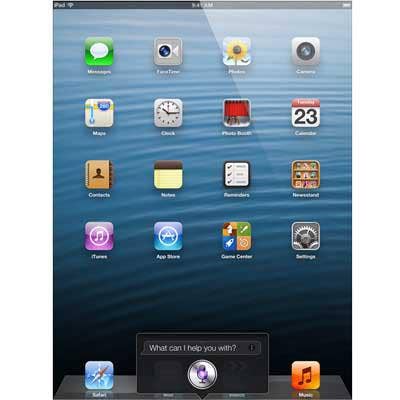
Apple Blew Its Head Start On Voice Recognition
A huge missed opportunity for Apple in recent years has been in the voice assistant realm. Apple debuted its Siri assistant in the fall of 2011 as part of the iPhone 4S. But in the following years, Apple never managed to give Siri the smarts and usefulness to make it a must-have. Meanwhile, both Amazon (with Alexa) and then Google (with Google Assistant) managed to develop smarter voice assistants than Apple despite Siri's big head start.
And it would be Amazon, not Apple, which grasped that the real opportunity for voice assistants is in the home rather than on your phone. The Amazon Echo interactive speaker, powered by Alexa, has turned into a huge hit product while Apple stuck to its phone-only strategy for Siri.

Microsoft Seems Innovative By Comparison
Yes, Microsoft has been showing more of an aptitude for groundbreaking products in recent years than Apple. Microsoft has shaken up enterprise computing with its hugely popular Surface Pro, which pioneered the 2-in-1 category. (Apple ultimately responded with the iPad Pro.) Microsoft is also making a strong case to creative professionals with the Surface Studio (a touch screen all-in-one, with an adjustable display) and Surface Dial (a scroll-wheel device for easier working in graphics programs, for instance). Aren't these just the types of products that a company in Apple's position -- the company that made the iMac and iPad, and has a long history with creatives -- should have come up with itself?
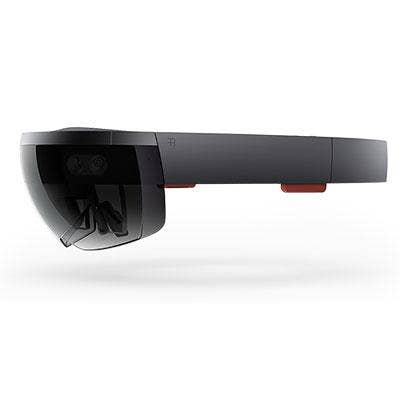
What About Augmented And Virtual Reality?
Speaking of Microsoft, another one of that company's innovations (which has no counterpart so far in the Apple universe) is the HoloLens (pictured). Judging by the progress on it so far, the mixed-reality glasses could very well help to shape the future of computing. And actually, just about every other tech company in Apple's ballpark (Facebook, Google, Samsung) are working away at virtual and augmented reality. What does Apple have in the category? A lot of rumors of behind-the-scenes work, and a comment from CEO Cook that AR is going to be "huge." We'll have to wait and see if Apple has something in store -- but given the company's poor track record with graphics, we're not all that optimistic.
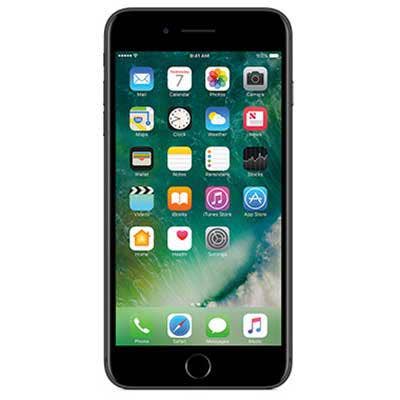
The iPhone Isn't Keeping Up
The iPhone doesn't look much different today than it did in 2014, and all around the device has seen mostly incremental improvements inside and out for years. Even the dual-camera setup was a feature of several Android phones before it came to the iPhone 7 Plus. Meanwhile, other smartphone makers have upped their games.
Rival Samsung has been way ahead in key areas such as display and durability. And despite its untimely demise, the Galaxy Note 7 showed some impressive features, such as iris scanning and wireless charging, which Apple is now scrambling to bring to the next iPhone. The recent Mobile World Congress also showcased visions for the future of the smartphone--from vendors including LG and Sony--of a caliber that we so far haven't seen from the likes of Apple.
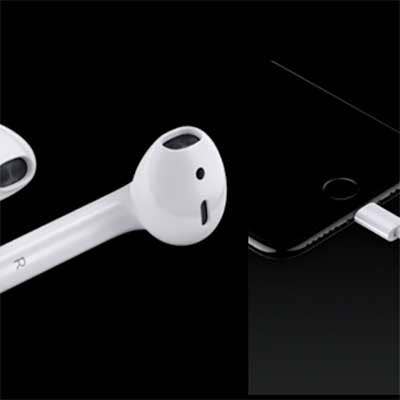
Taking Away Things That Users Like Is Not Innovation
Was Apple right to remove the headphone jack from the iPhone and to replace all ports on the MacBook Pro with USB-C? While we won't venture into the debate here, we will say this: Apple is, at the very least, making a mistake by trying to pass off these moves as bold and innovative. There's no question that lots of users will be inconvenienced by these changes. And yet Apple executive Phil Schiller wants us to believe that removing the iPhone headphone jack represented "the courage to move on and do something new that betters all of us." If eliminating connectors meets Apple's definition of innovation these days, then there’s a big problem in Cupertino.

Apple Lost Its Way In The Education Market
Once hugely popular in the classroom, Apple products have been clobbered by the Chromebook in recent years. Sales of Chromebooks in K-12 schools are now more than triple the sales of Mac notebooks and iPads, according to research firm Futuresource Consulting. Chromebooks are far less expensive, simpler to use and easier to manage in education settings than anything that Apple has come out with. It's not like Apple didn't have a chance to innovate in response to the rise of the Chromebook--which has been around since 2011--the company just chose not to.
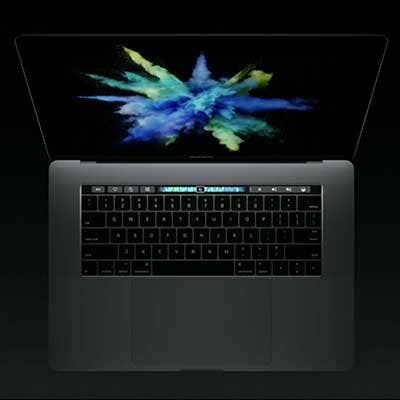
Apple Has Seemingly Given Up On Business PC Innovation
There's an odd paradox at Apple right now. The company is pushing to drum up more sales from business users--and at the same time is ignoring what many of those users really want. The new MacBook Pro was the only refresh of a productivity-oriented Mac last year, but its major changes target consumers rather than businesses. (Namely, the replacement of all ports with USB-C, the emphasis on the Touch Bar and the restriction to 16 GB of RAM.) And even that refresh took Apple four years.
Meanwhile, the desktop lineup has gotten stale. The powerhouse Mac Pro has gone more than three years without an update, and the iMac was last updated in October 2015. If Apple really wants to make headway with businesses, shouldn't it be putting energy into the types of computers that businesses use?
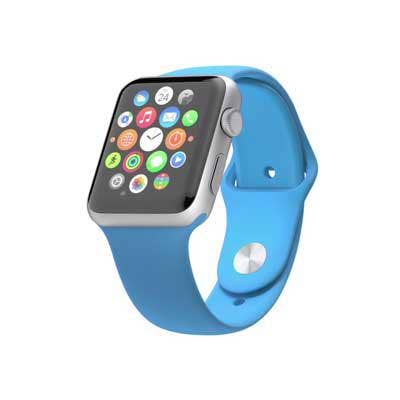
The New Products Aren't Game-Changers
Yes, under Cook, Apple has debuted some new products -- major innovation not included. The Apple Watch is pretty, and useful in certain ways. Does it do anything to dramatically change the technology landscape? Nope. The same can be said for the MacBook and AirPods. While these products have their uses, they're far from transformational.
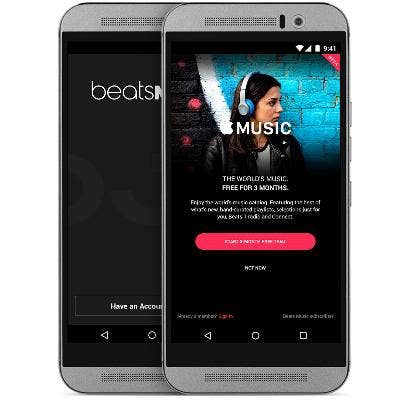
The Brightest Spot At Apple Has Little To Do With Innovation
The "new" Apple is ultra bullish on software and services. As the iPhone, iPad and Mac businesses all shrink, the software/services business is the one area that's growing the top line for Cook & Co. But the "new" Apple, as we've seen, is a less-innovative Apple. And for software and services, that's no problem. The App Store and iTunes don't depend on a whole lot of inventiveness from Apple. And the company is propped up by the fact that its App Store is really the only game in town for getting iPhone and iPad apps.
The Apple Music service is no leap forward either, of course, as Pandora and Spotify plainly got there first.
It's telling that software is getting so much emphasis at Apple right now. Apple, it seems, is looking less like the hardware innovator we used to know every day.